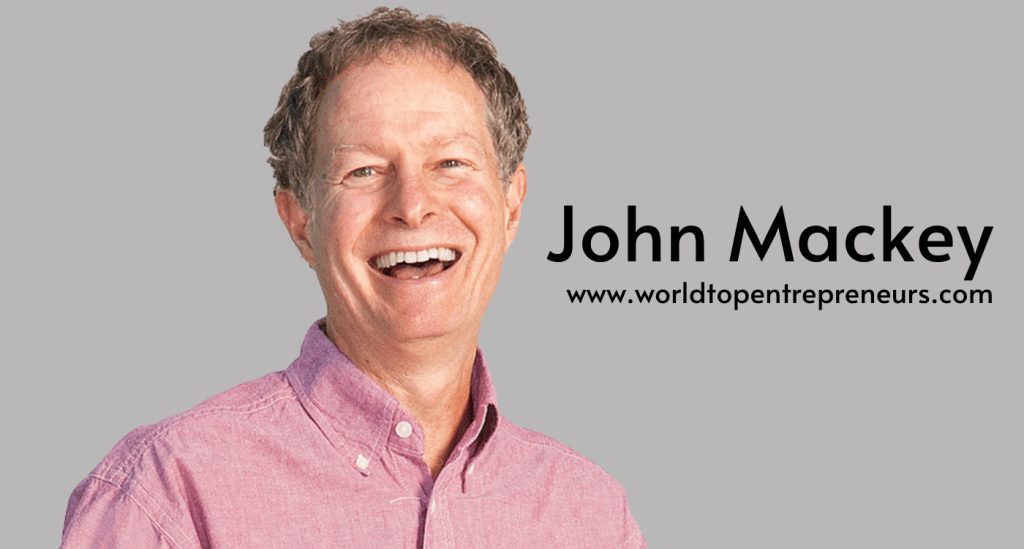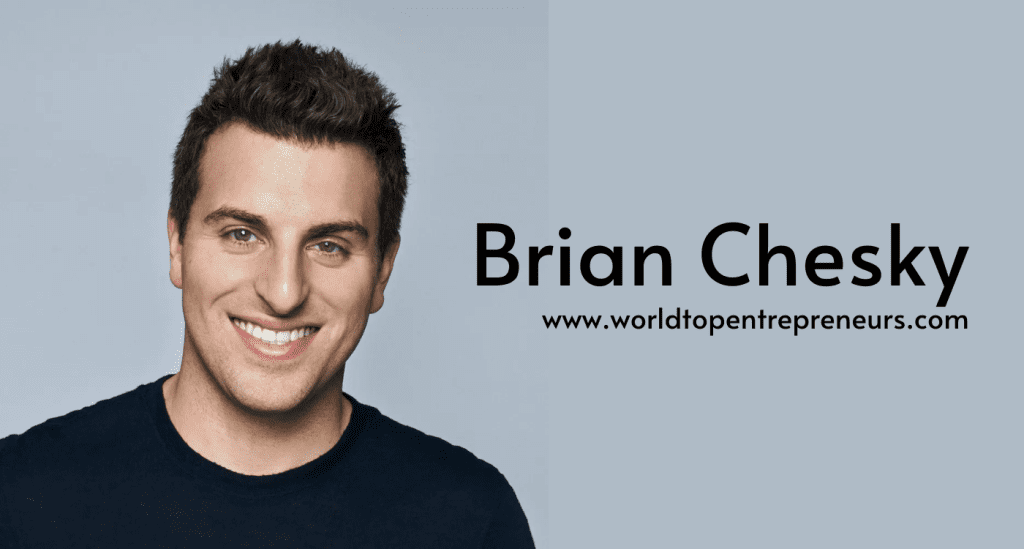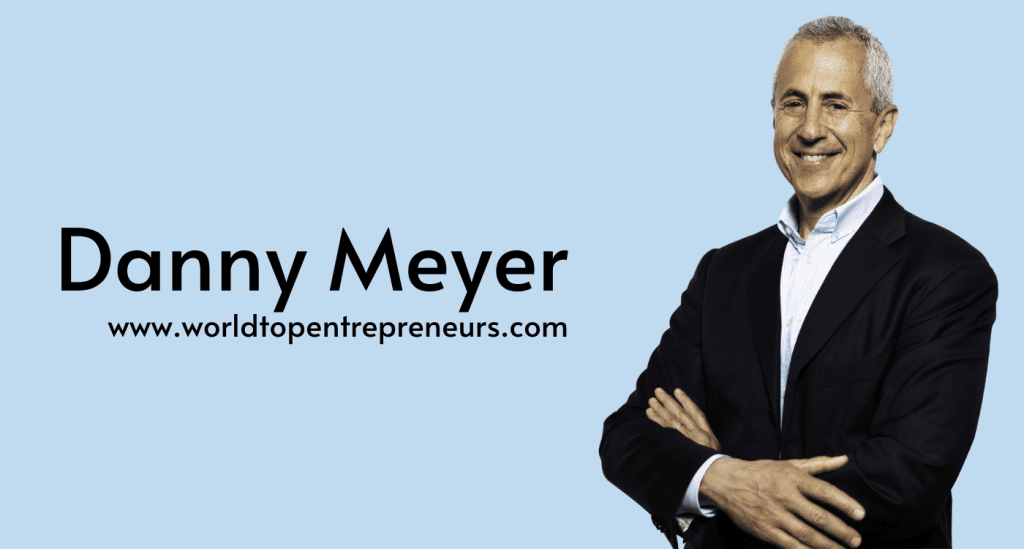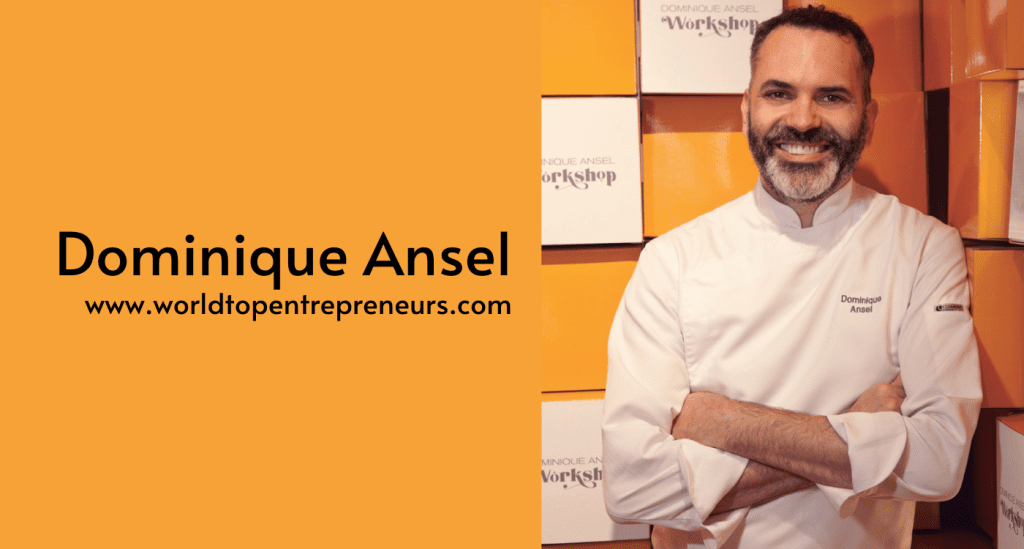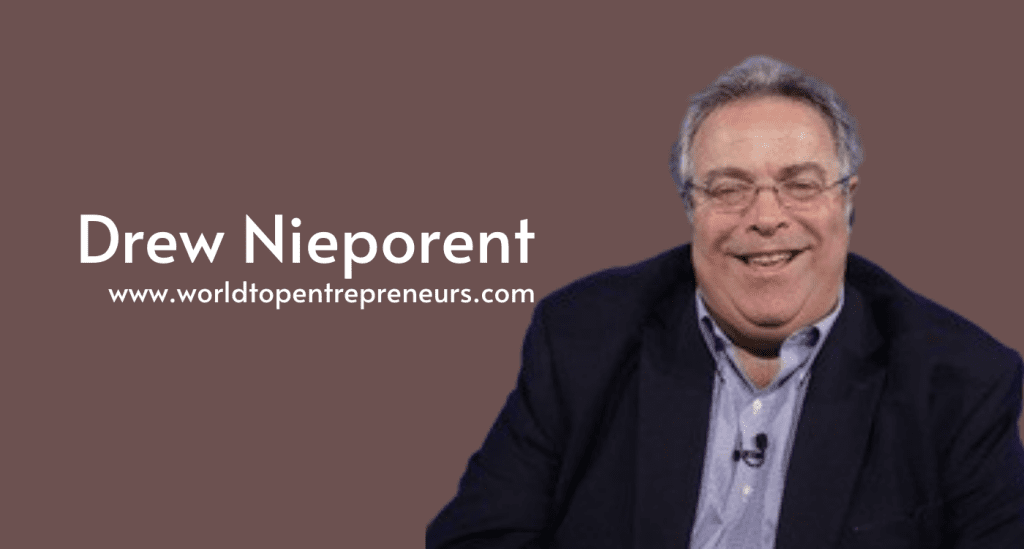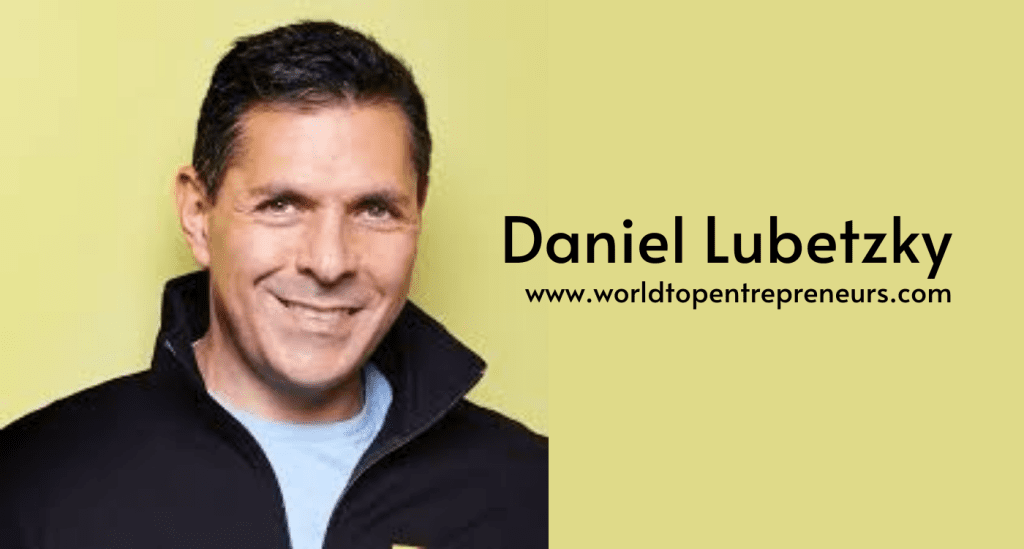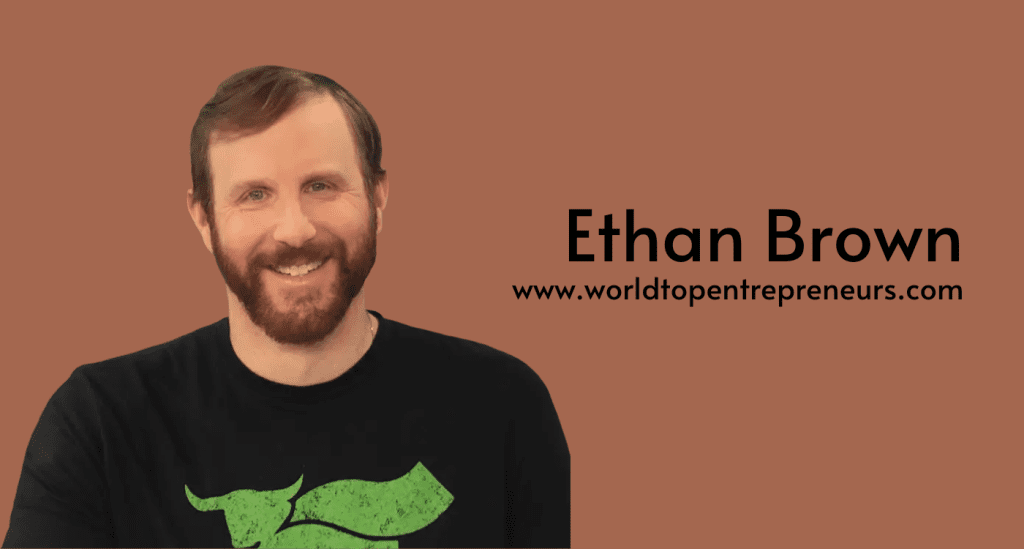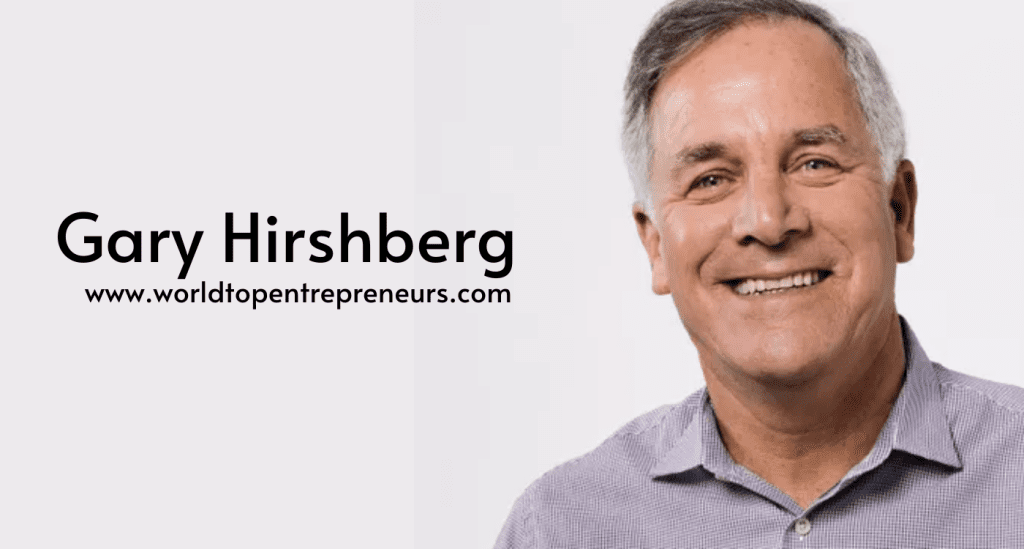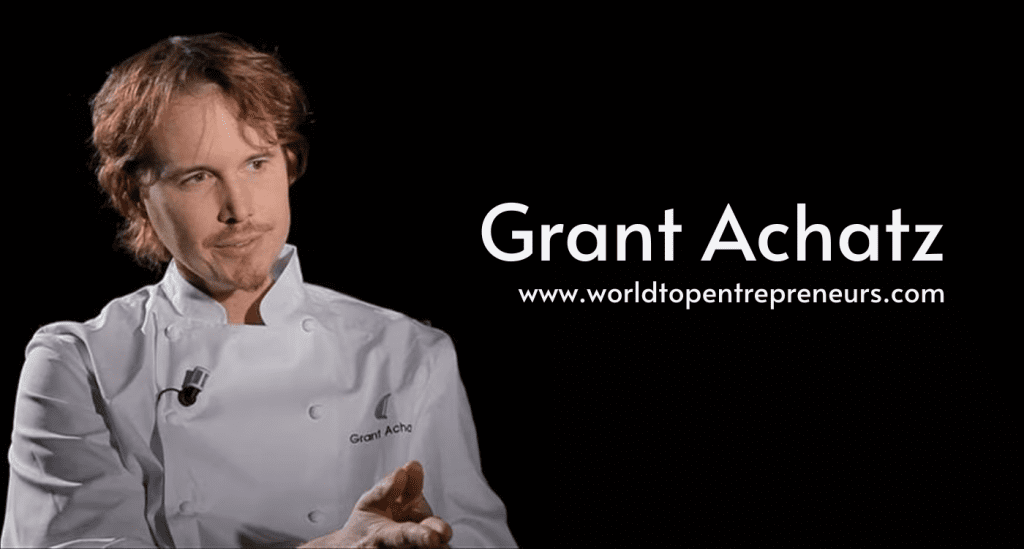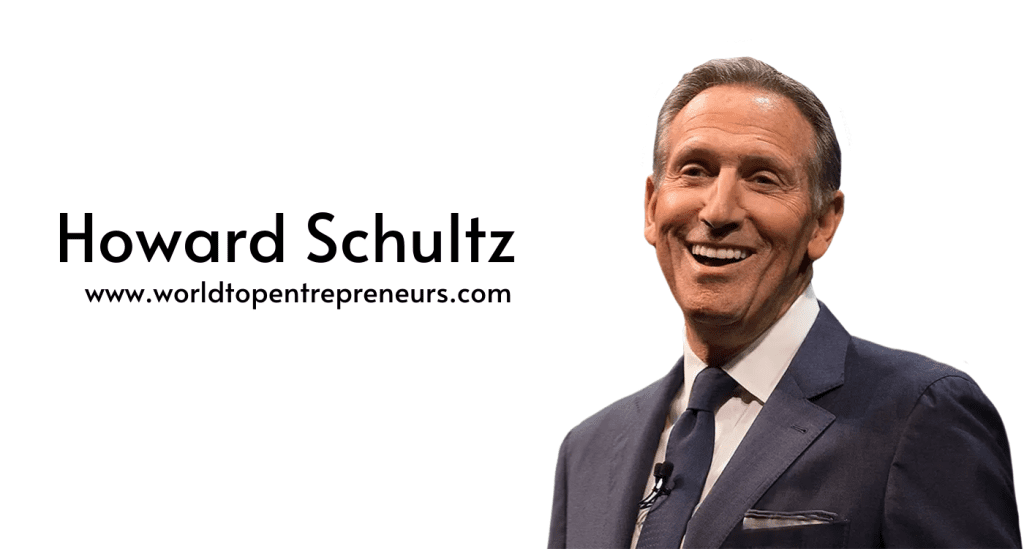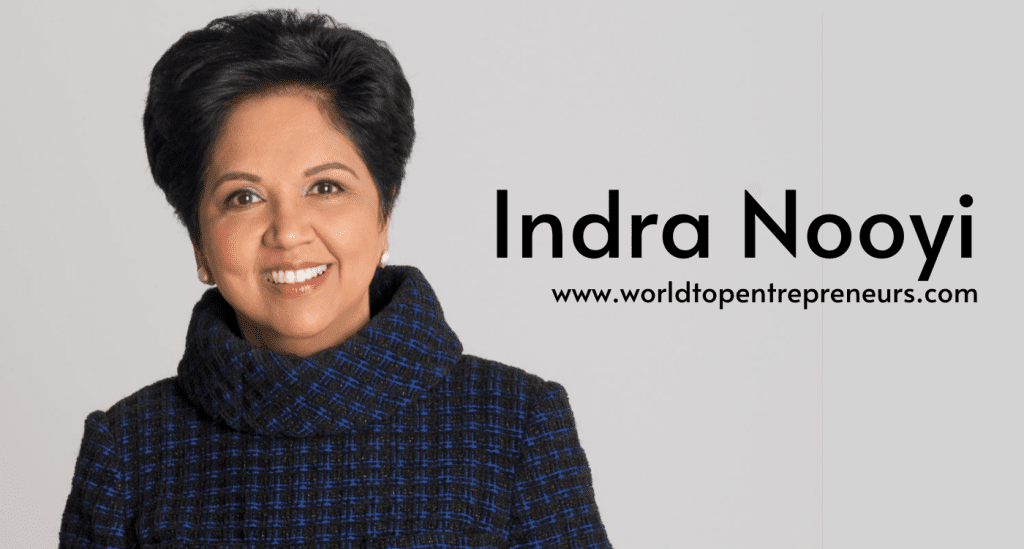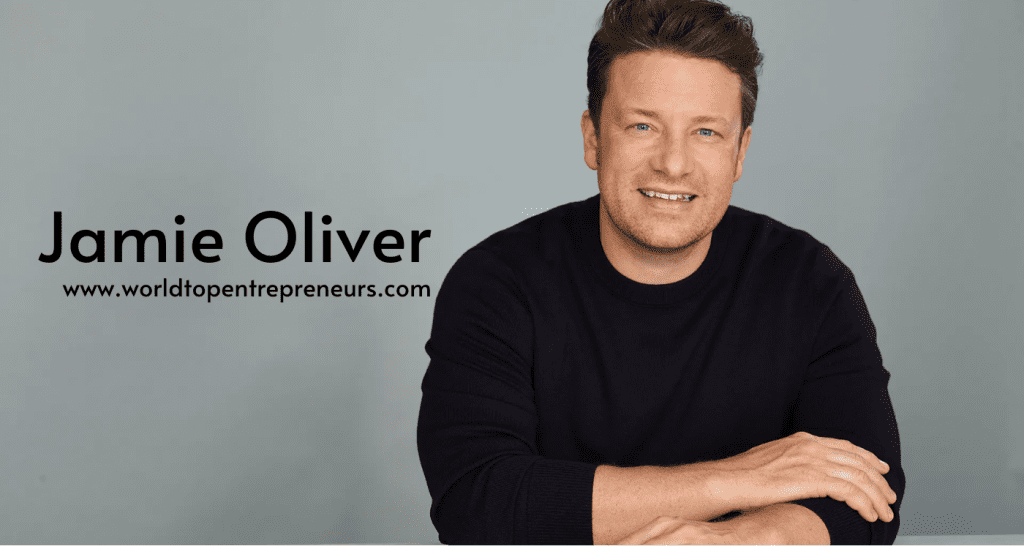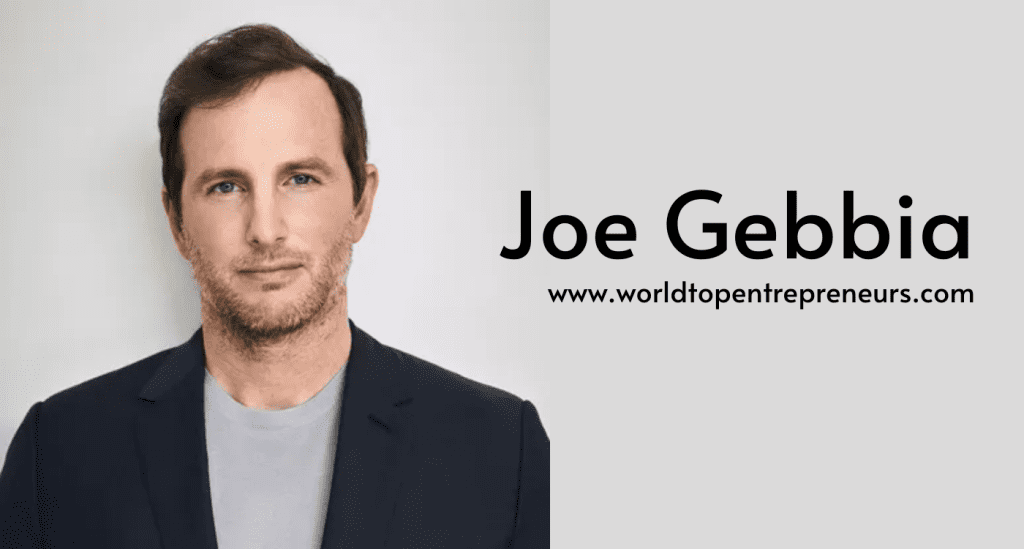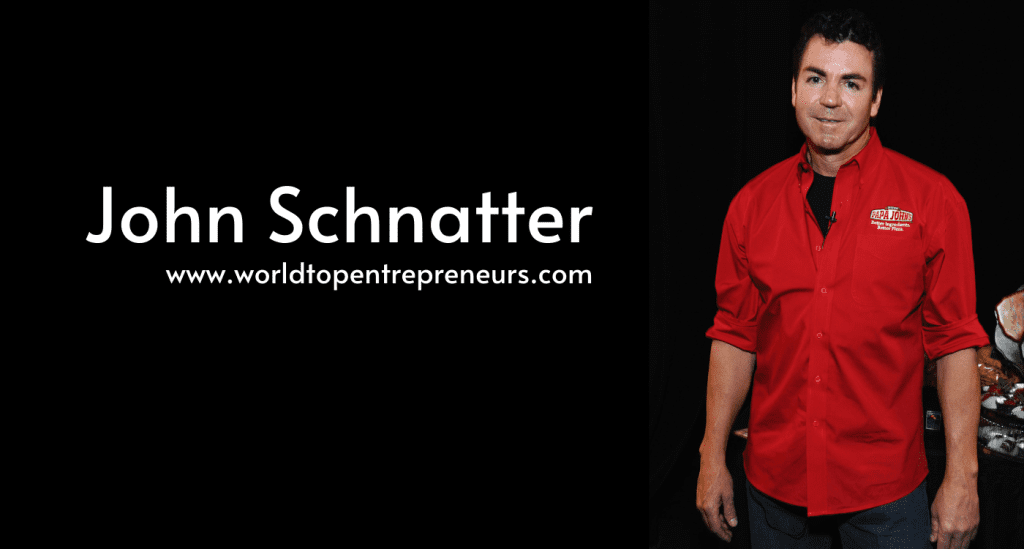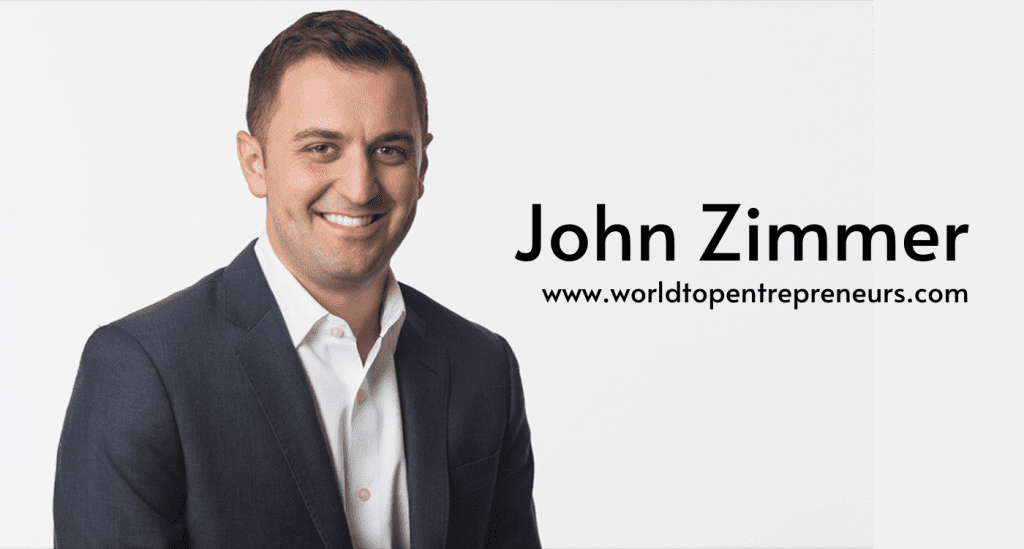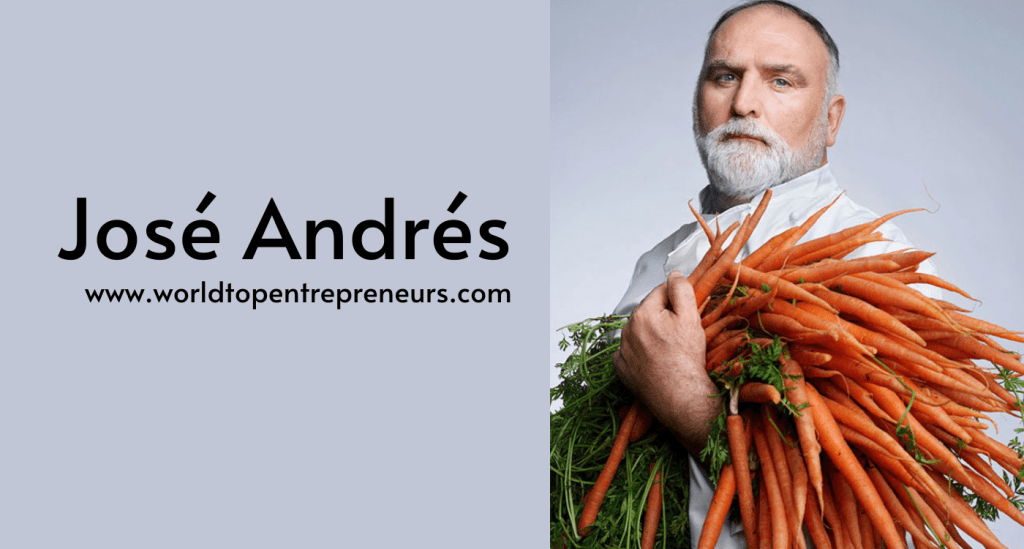In the bustling landscape of modern retail, where convenience often trumps quality and profit margins overshadow principles, John Mackey stands out as a beacon of conscious capitalism. As the co-founder and longtime leader of Whole Foods Market, Mackey has not only revolutionized the way we think about groceries but has also pioneered a business model that emphasizes sustainability, community, and the well-being of both customers and employees.
Early Life and Entrepreneurial Spirit
John Mackey’s journey into the world of natural and organic foods began in Houston, Texas, where he was born in 1953. Raised in a middle-class family, Mackey showed an early penchant for entrepreneurship, starting his first business—a vegetarian co-op—while still in college at the University of Texas at Austin. This endeavor laid the foundation for his deep-seated belief in the power of wholesome, unprocessed foods to improve health and well-being.
In 1978, at the age of 25, Mackey and his then-girlfriend, Renee Lawson Hardy, opened the first Whole Foods Market in Austin, Texas. The store was born out of a shared passion for healthy living and ethical business practices. Originally named “SaferWay,” a play on the supermarket chain Safeway, the store quickly gained a following for its commitment to natural foods and its unconventional approach to retail.
Mackey and his team were pioneers in their field, advocating for organic farming practices and promoting products free from artificial additives and preservatives. Their vision resonated deeply with a growing segment of consumers who were becoming increasingly aware of the link between diet and health.
Principles of Conscious Capitalism
One of John Mackey’s most enduring legacies is his advocacy for conscious capitalism—a business philosophy that seeks to create value for all stakeholders, including customers, employees, suppliers, and the community at large, rather than solely prioritizing profits for shareholders. This philosophy is deeply embedded in the culture of Whole Foods Market and has been instrumental in shaping its success.
At the heart of conscious capitalism is the idea that businesses can be a force for good in society, fostering positive change through their operations and interactions. Mackey believes that by aligning the interests of all stakeholders and adopting ethical business practices, companies can create sustainable value and contribute to the well-being of the communities they serve.
Innovation and Expansion
Under Mackey’s leadership, Whole Foods Market grew from a single store in Austin to a nationwide chain with hundreds of locations across the United States and internationally. The company’s commitment to quality, customer service, and environmental stewardship set it apart in an increasingly competitive market.
Mackey’s innovative spirit extended beyond the products on the shelves. He introduced many groundbreaking initiatives at Whole Foods Market, including strict quality standards for suppliers, transparent labeling of products, and comprehensive employee benefits such as healthcare coverage and profit-sharing programs. These initiatives not only enhanced the company’s reputation but also set new benchmarks for corporate responsibility in the retail industry.
Challenges and Controversies
Despite his many achievements, John Mackey has not been without his critics. Whole Foods Market has faced scrutiny over its pricing practices, with some consumers questioning the affordability of its products compared to traditional grocery stores. Additionally, Mackey’s outspoken views on healthcare reform and his opposition to labor unions have sparked controversy and debate.
However, Mackey has remained steadfast in his commitment to his principles, often engaging directly with critics and stakeholders to address concerns and find common ground. His willingness to confront challenges head-on and his ability to learn from adversity have been key to his success as a leader.
Philanthropy and Beyond
Beyond his role at Whole Foods Market, John Mackey is known for his philanthropic efforts and advocacy work. He has supported various causes related to health and wellness, environmental conservation, and education, demonstrating a commitment to making a positive impact on the world beyond the business realm.
Mackey’s influence extends beyond the boundaries of Whole Foods Market, as he continues to inspire entrepreneurs and business leaders to embrace conscious capitalism and ethical leadership. His writings, speeches, and public appearances serve as a rallying cry for those who believe in the power of business to drive social change and promote a more sustainable future.
Legacy and Future Endeavors
As John Mackey approaches his seventh decade, his legacy as a pioneer of natural and organic foods and a champion of conscious capitalism is secure. While he stepped down as CEO of Whole Foods Market in 2017 following its acquisition by Amazon, Mackey remains actively involved in promoting his vision for a more ethical and sustainable business environment.
Looking ahead, Mackey continues to explore new opportunities to promote conscious capitalism and expand his impact on the world. Whether through mentoring young entrepreneurs, advocating for policy changes, or investing in innovative startups, he remains committed to advancing the principles that have guided his career and shaped his legacy.
Conclusion
John Mackey’s journey from a college dropout with a passion for healthy living to a visionary leader in the retail industry is a testament to the power of entrepreneurship and ethical leadership. Through Whole Foods Market, he has not only transformed the way we shop for groceries but has also challenged conventional wisdom about the role of business in society.
As we reflect on Mackey’s career and legacy, one thing is clear: his impact extends far beyond the aisles of a grocery store. He has shown us that businesses can thrive while prioritizing principles over profits, and that by doing so, they can create value that extends beyond financial returns. John Mackey’s story is one of innovation, resilience, and a steadfast commitment to making the world a better place—one organic apple at a time.

